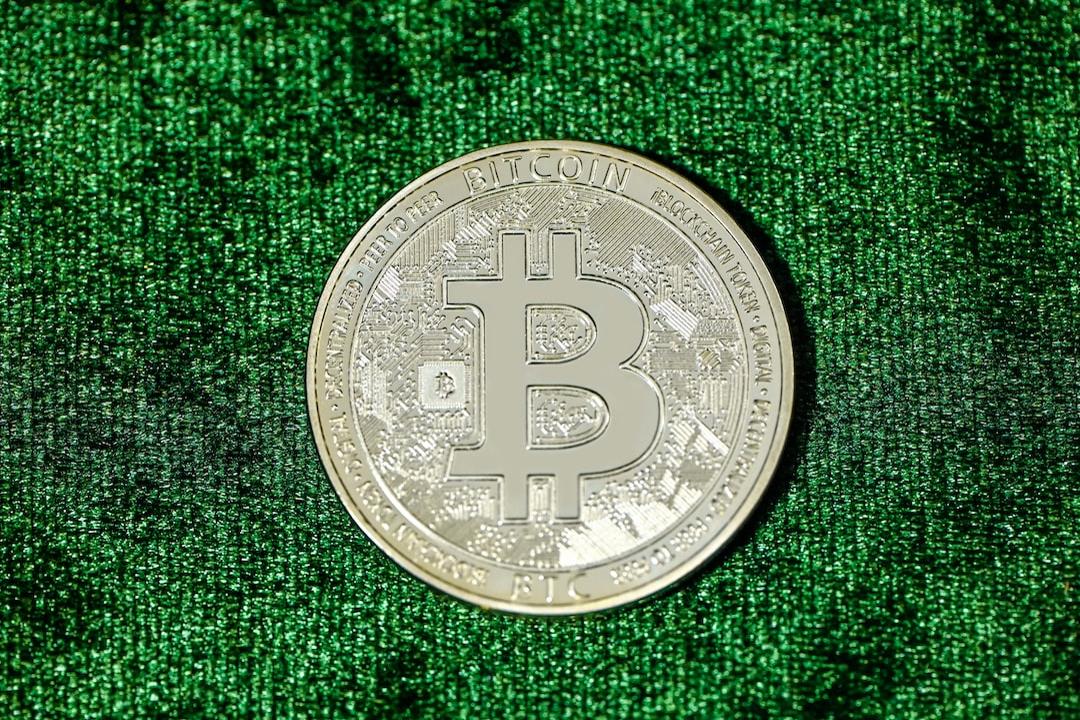Bitcoin vs Inflation Can Bitcoin Serve as a Hedge Against Inflation
As traditional fiat currencies are threatened by inflation due to various economic factors, assets like Bitcoin (BTC) are gaining attention as potential hedges against this issue. But can Bitcoin truly protect against inflation? In this piece, we will explore the concept of inflation, how Bitcoin functions in this context, and evaluate its effectiveness as an inflation hedge.
Understanding Inflation
Before delving into Bitcoin’s role, it is crucial to understand inflation. Inflation refers to the rise in the general level of prices for goods and services over time, leading to a decrease in purchasing power. It is typically measured as an annual percentage increase in the consumer price index (CPI) or the producer price index (PPI).
Factors contributing to inflation include:
– Monetary policy: Central banks use tools like interest rates and money supply to control inflation. Increasing the money supply can lead to inflation.
– Demand-pull inflation: When demand exceeds supply, prices tend to rise, often during periods of economic growth or excessive government spending.
– Cost-push inflation: Rising production costs can lead to increased prices for goods and services.
About Bitcoin (BTC)

Bitcoin, often referred to as digital gold, is a cryptocurrency created in 2009 by an anonymous individual or group under the name Satoshi Nakamoto. It operates on a decentralized network using blockchain technology, ensuring transparency, security, and immutability of transactions.
Bitcoin proponents argue that its decentralized nature and fixed supply make it immune to inflation. Unlike traditional fiat currencies, Bitcoin has a maximum supply cap of 21 million coins, making it inherently deflationary.
Can Bitcoin Hedge Against Inflation?
To determine if Bitcoin can hedge against inflation, let’s examine some key properties:
– Limited supply: With only 21 million Bitcoins, Bitcoin is immune to inflation caused by excessive money printing.
– Decentralization: Bitcoin operates on a decentralized network, resistant to government interference that can lead to inflation.
– Store of value: Advocates believe Bitcoin’s scarcity and adoption make it a viable store of value akin to gold, historically used as an inflation hedge.
– Volatility: While Bitcoin’s price can be volatile, some see it as an opportunity for gains during inflationary periods.
Bitcoin vs. Traditional Assets
To understand Bitcoin’s potential as an inflation hedge, let’s compare it to traditional assets like gold and government bonds:
Criteria
Bitcoin
Gold
Government Bonds
Supply Cap
Limited
Limited
Unlimited
Decentralization
Decentralized
Decentralized
Centralized
Historical Store of Value
Emerging
Established
Established
Volatility
High
Low
Low to Moderate
Inflation Rate of Gold vs. Bitcoin
The inflation rate of gold, determined by annual increases in above-ground gold supply through mining, typically ranges from 1.5% to 2%. In contrast, Bitcoin’s inflation rate is controlled by halving, reducing the rate at which new BTCs are introduced into circulation.
Pros and Cons of Bitcoin as an Inflation Hedge

Pros
– Limited supply: Bitcoin’s capped supply protects it from inflation.
– Decentralization: Its decentralized nature shields against government manipulation.
– Potential for high returns: Bitcoin’s volatility can lead to significant gains during inflationary periods.

Cons
– Volatility: Price fluctuations may deter some investors seeking stability.
– Regulatory uncertainty: Changes in regulations could impact Bitcoin’s value.
– Adoption challenges: Despite growing acceptance, Bitcoin faces obstacles in mainstream adoption as an inflation hedge.
Can Bitcoin Hedge Against Inflation?
While Bitcoin has attributes that make it an appealing inflation hedge, its effectiveness remains debatable. Factors like adoption as a store of value, regulatory changes, and macroeconomic conditions will determine its success as an inflation hedge. Investors should carefully assess their risk tolerance and investment goals before allocating funds to Bitcoin or any asset class.
Disclaimer:
This content is not investment advice. Investing carries risks, and capital is at risk when investing.
